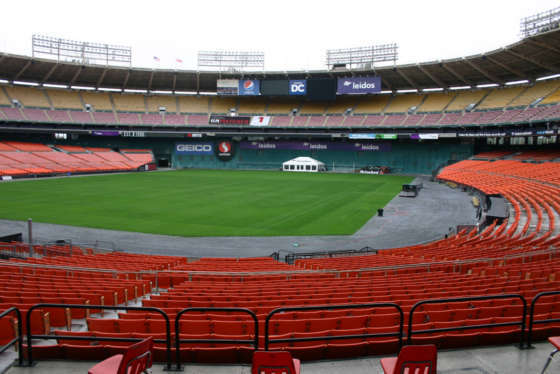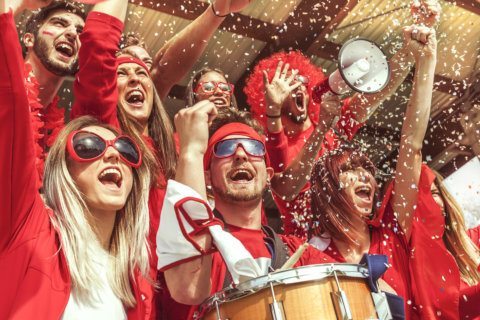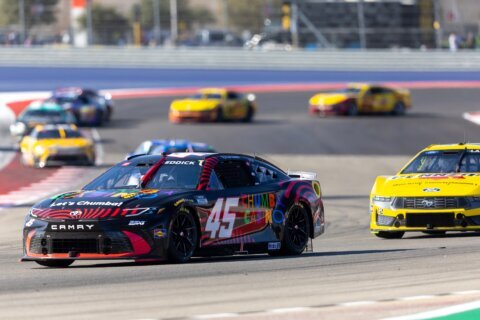Editor’s Note: Another chapter ends this weekend for D.C.’s historic RFK Stadium, with the final D.C. United game on Oct. 22. While it will no longer be the home of D.C. United, the stadium will continue to be used for events. WTOP takes a look back at the amazing memories made there over the past 56 years. Check out more from our special report, Remembering RFK.
WASHINGTON — Sunday may be #LastCallAtRFK for D.C. United, the building’s final professional sports tenant, but that doesn’t mean the wrecking ball’s set to come crashing through Monday morning.
The stadium and its surrounding campus will remain open for events in the near term. That includes everything from college football games (such as the recent Georgetown-Harvard tilt) and international soccer friendlies to endurance races and motor sports events that can be contained in the sprawling parking areas, helping avoid unnecessary road closures.
But more significantly, with United moving across town to Audi Field, the painstaking legal and regulatory processes required to advance the five-part RFK future plan are finally underway this week.
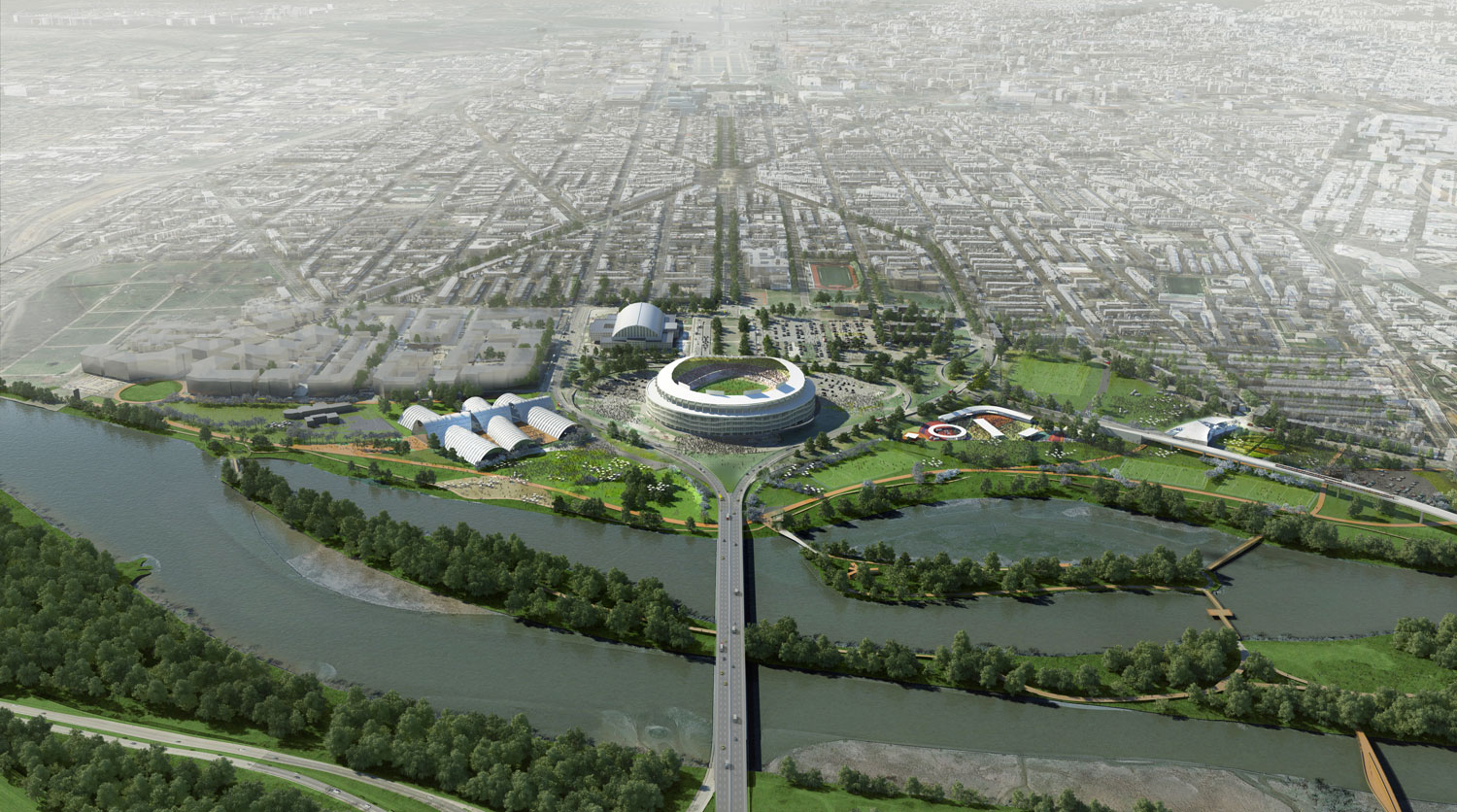
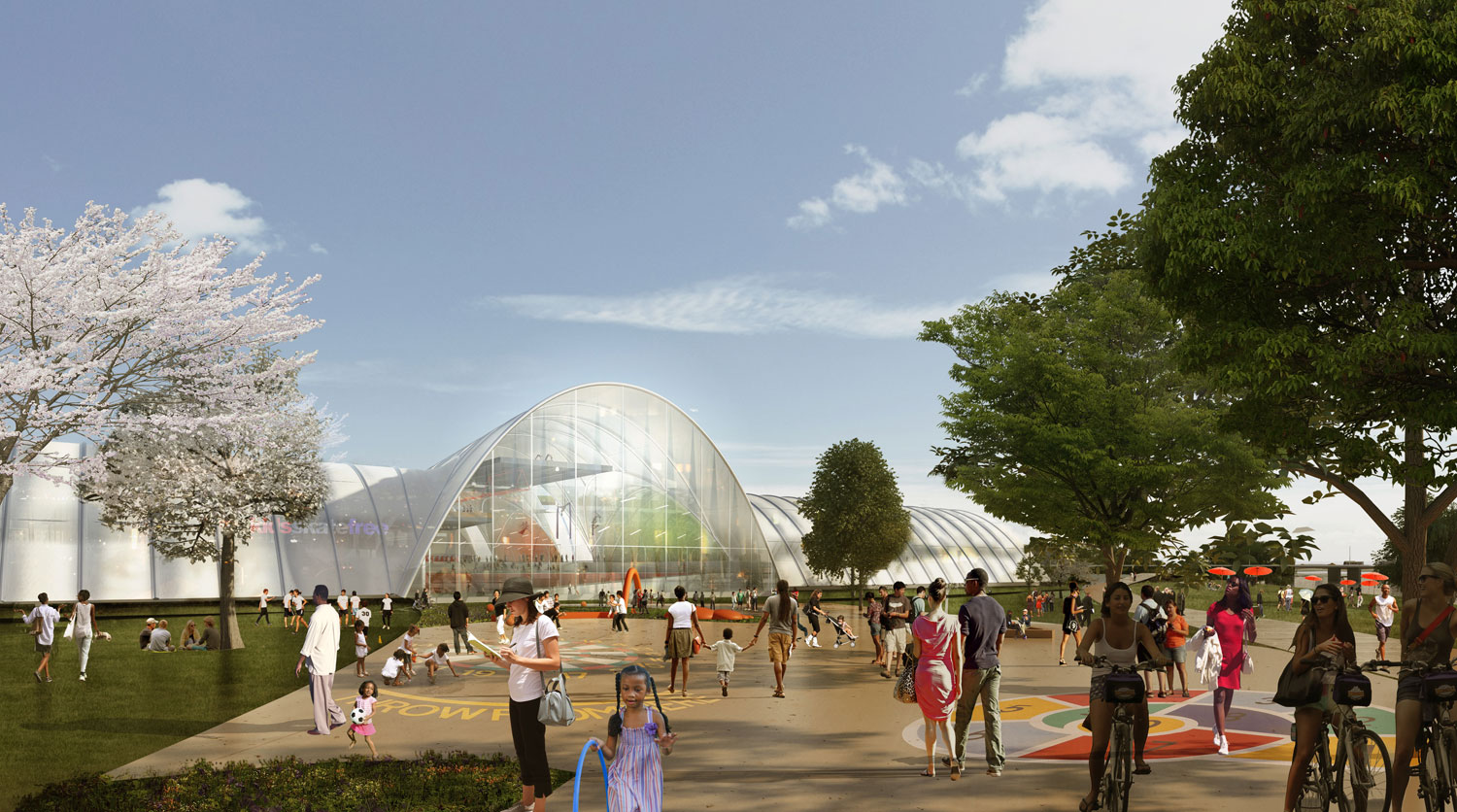
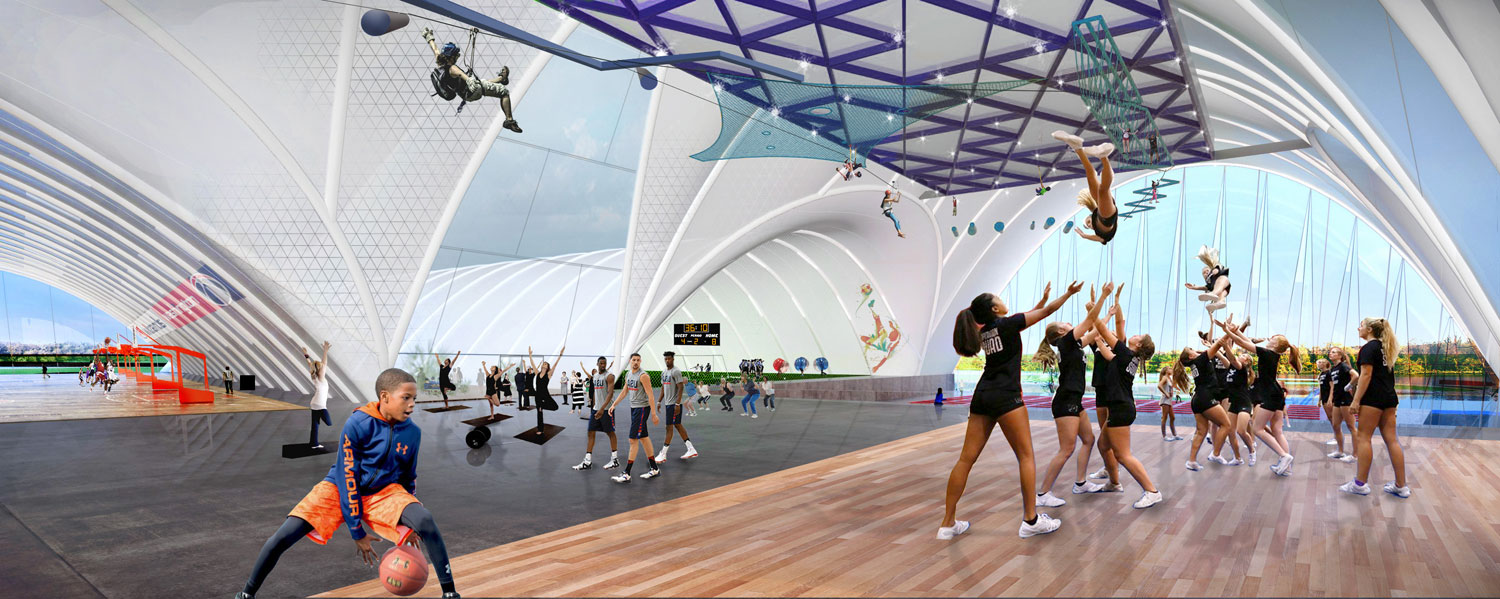
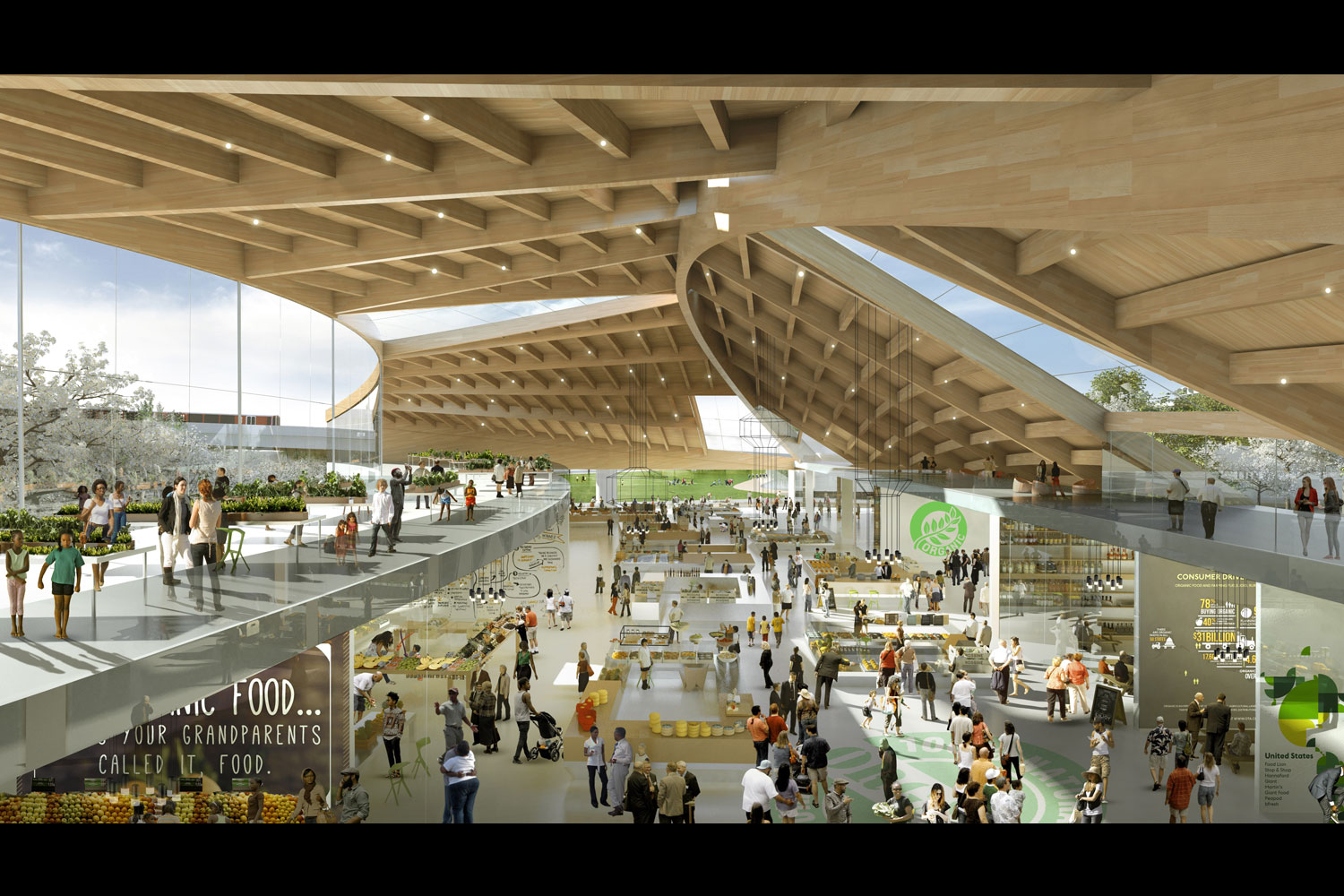
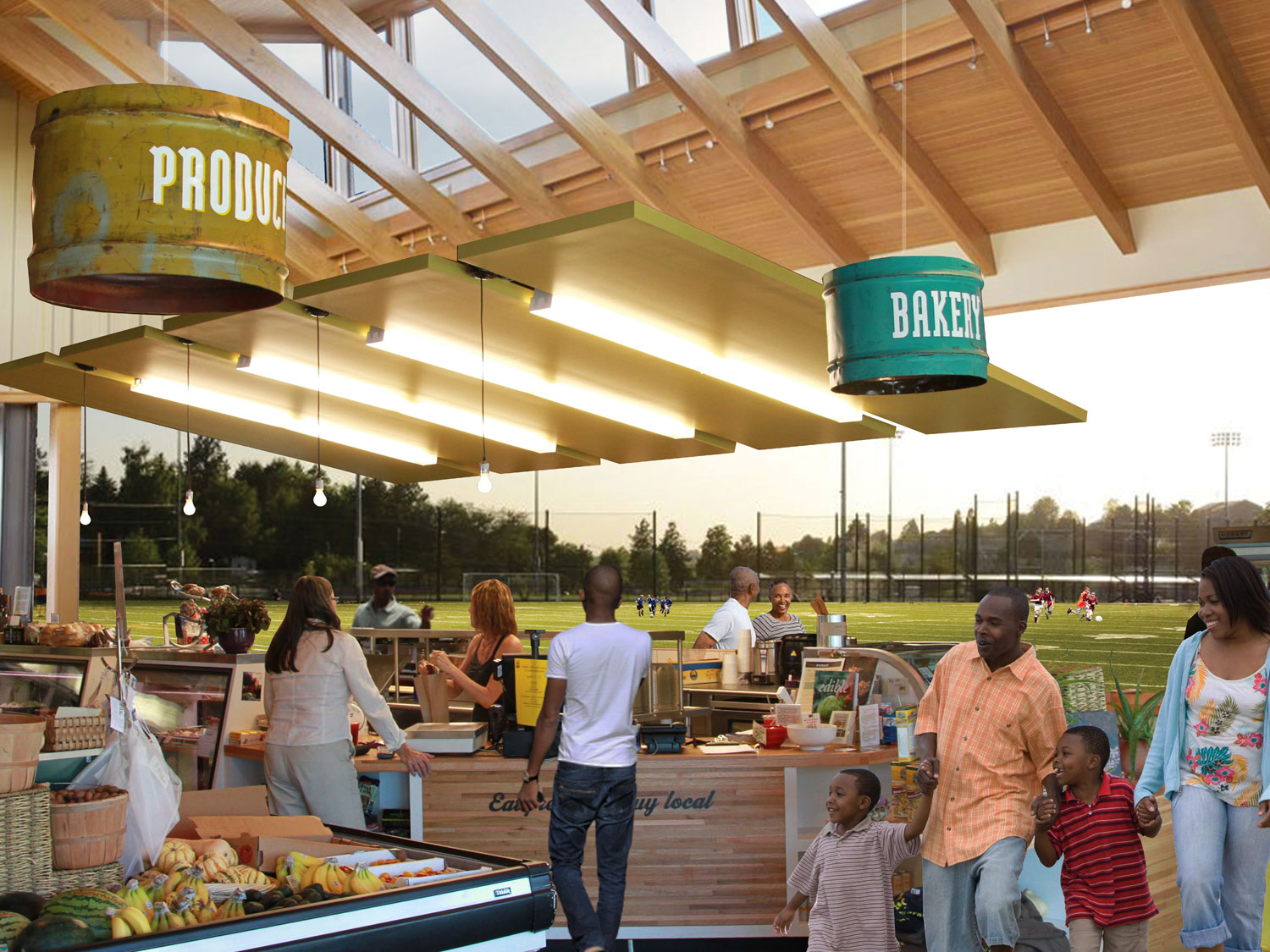
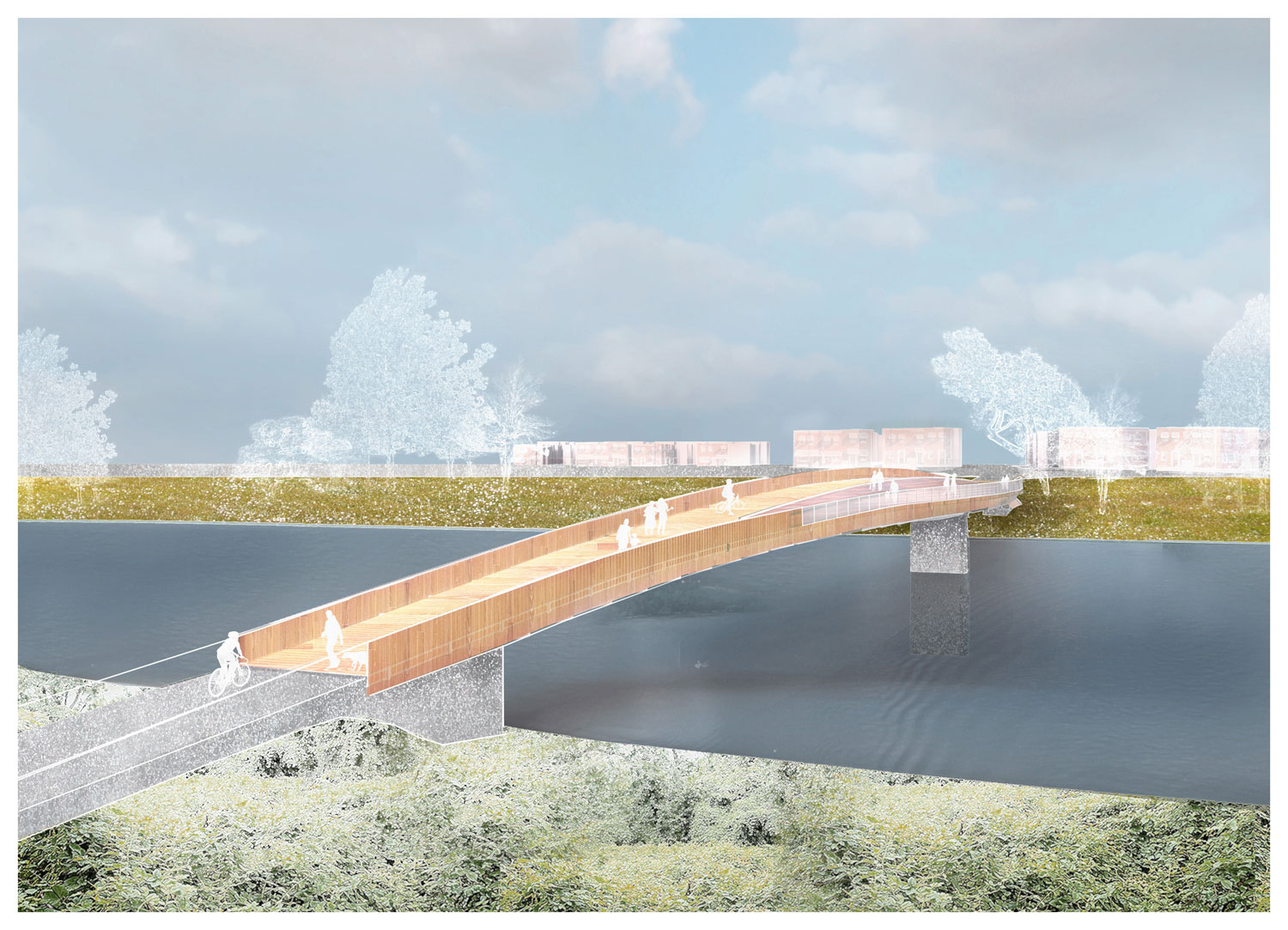
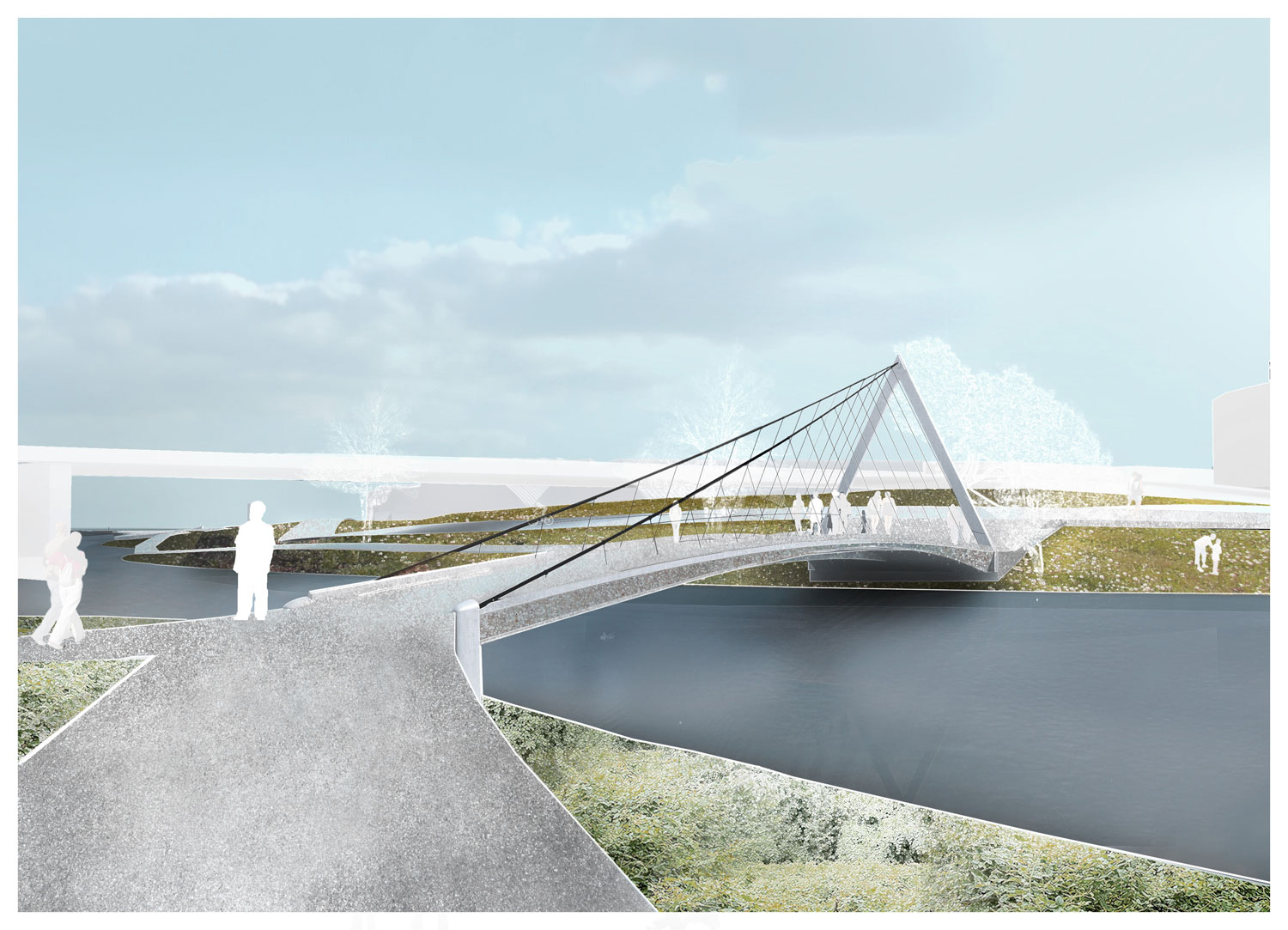
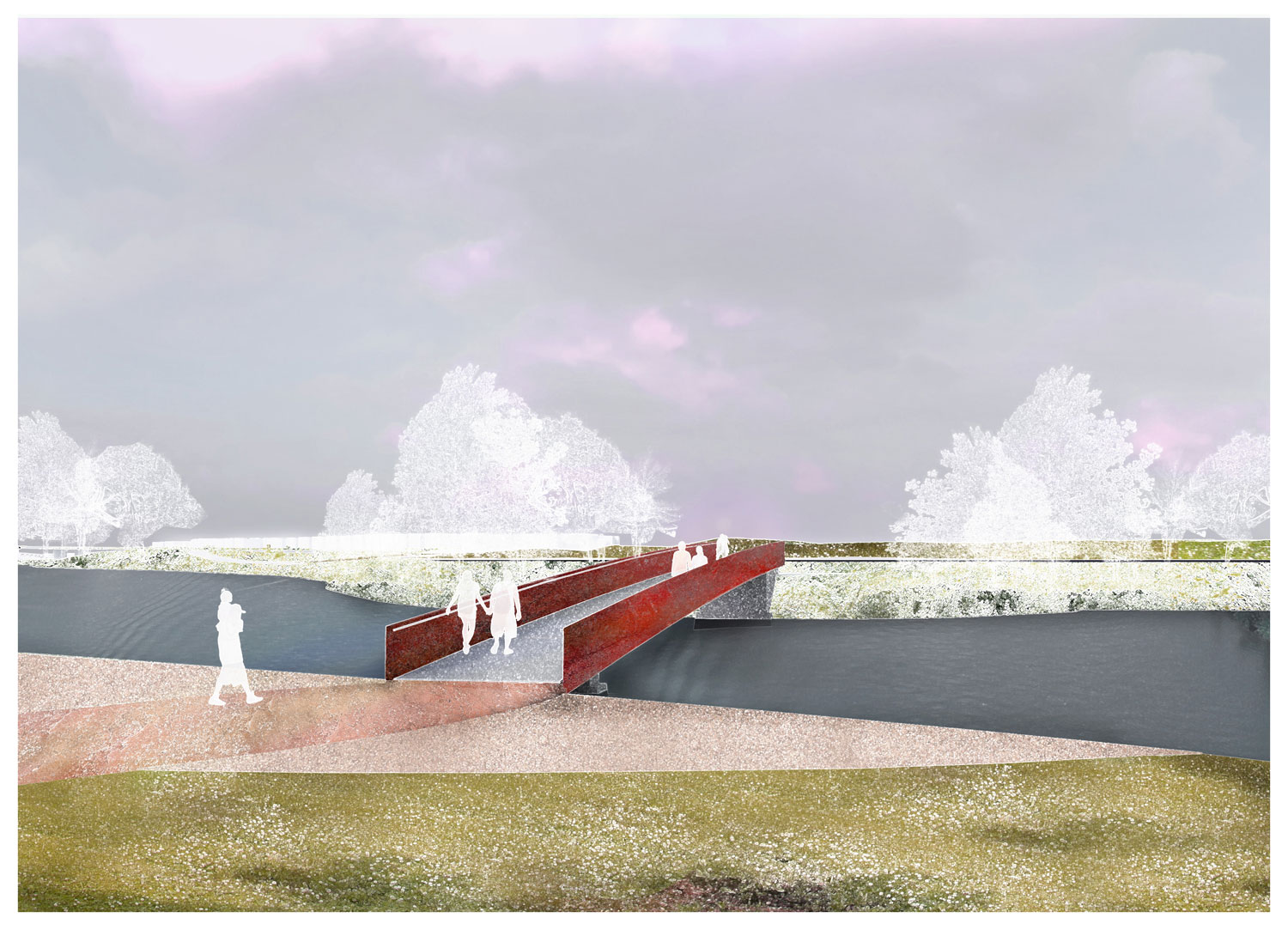
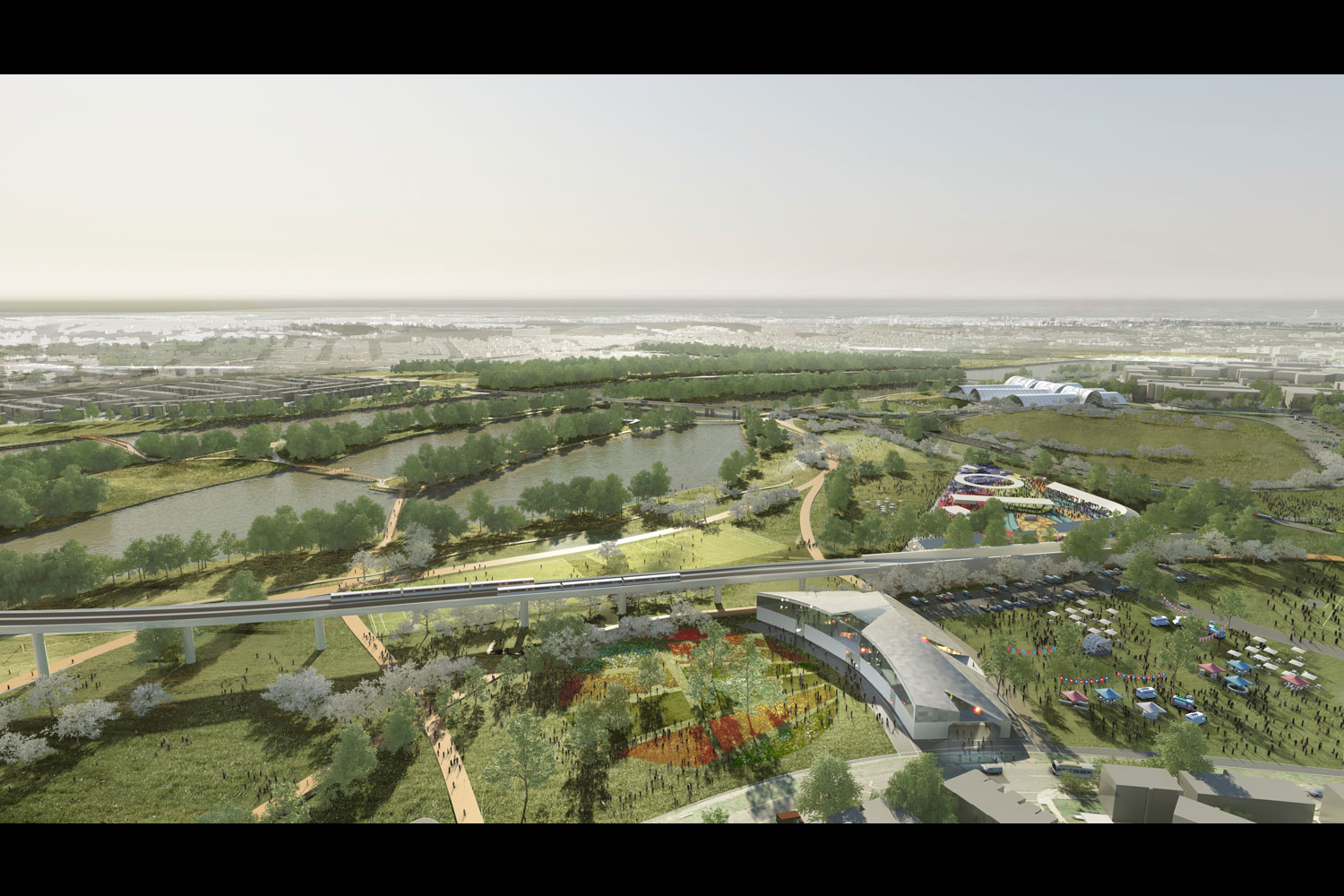
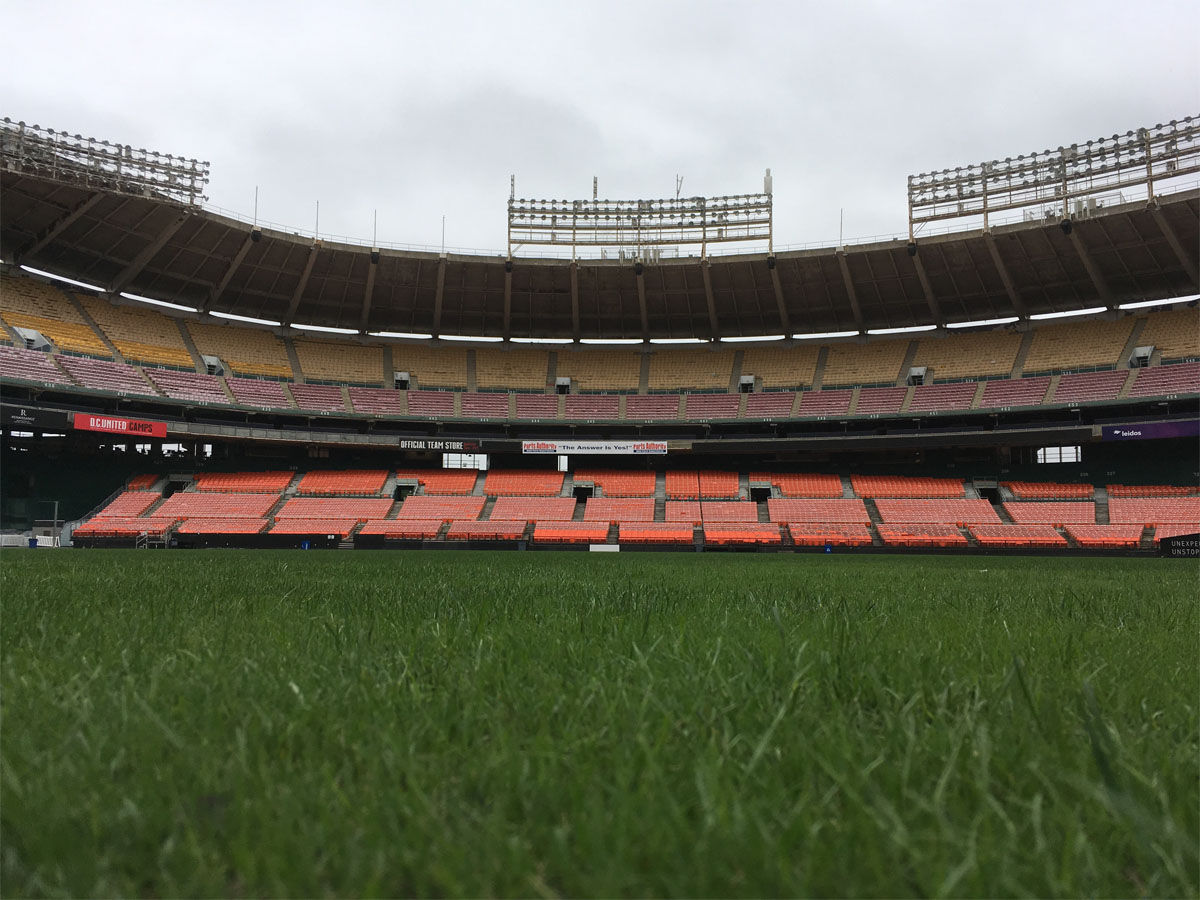
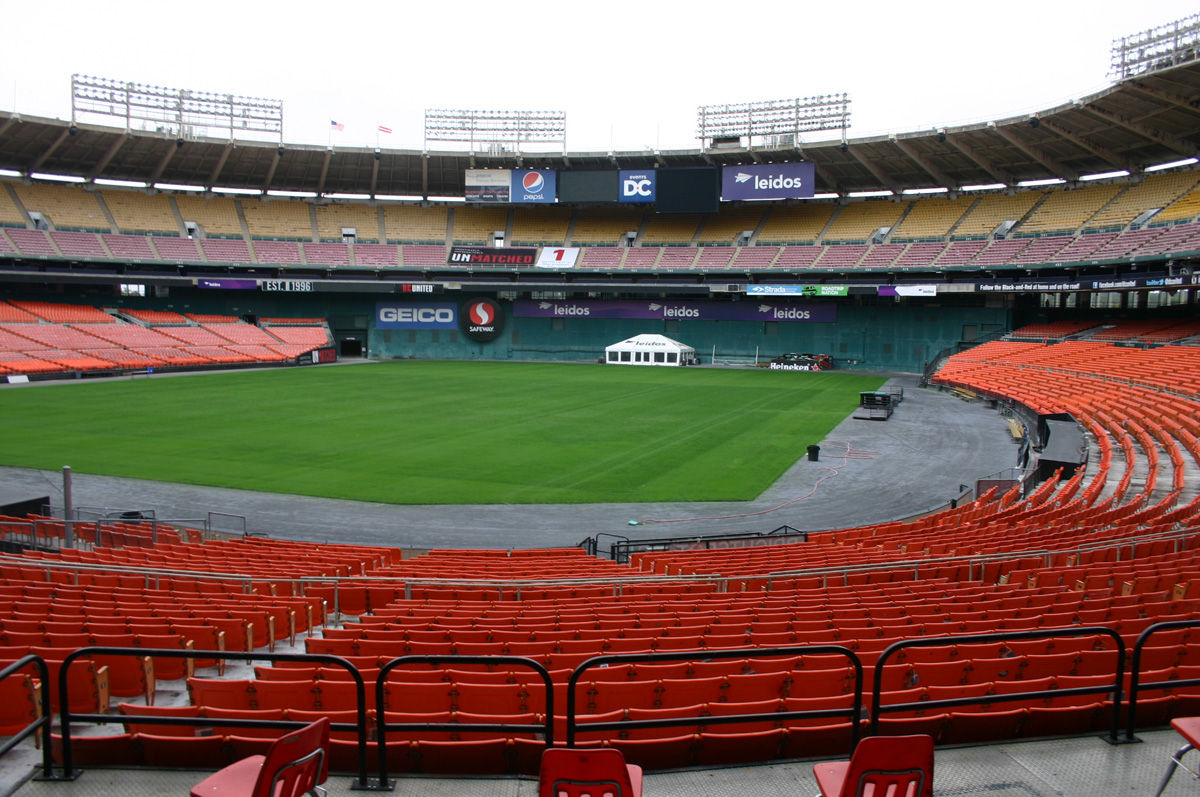
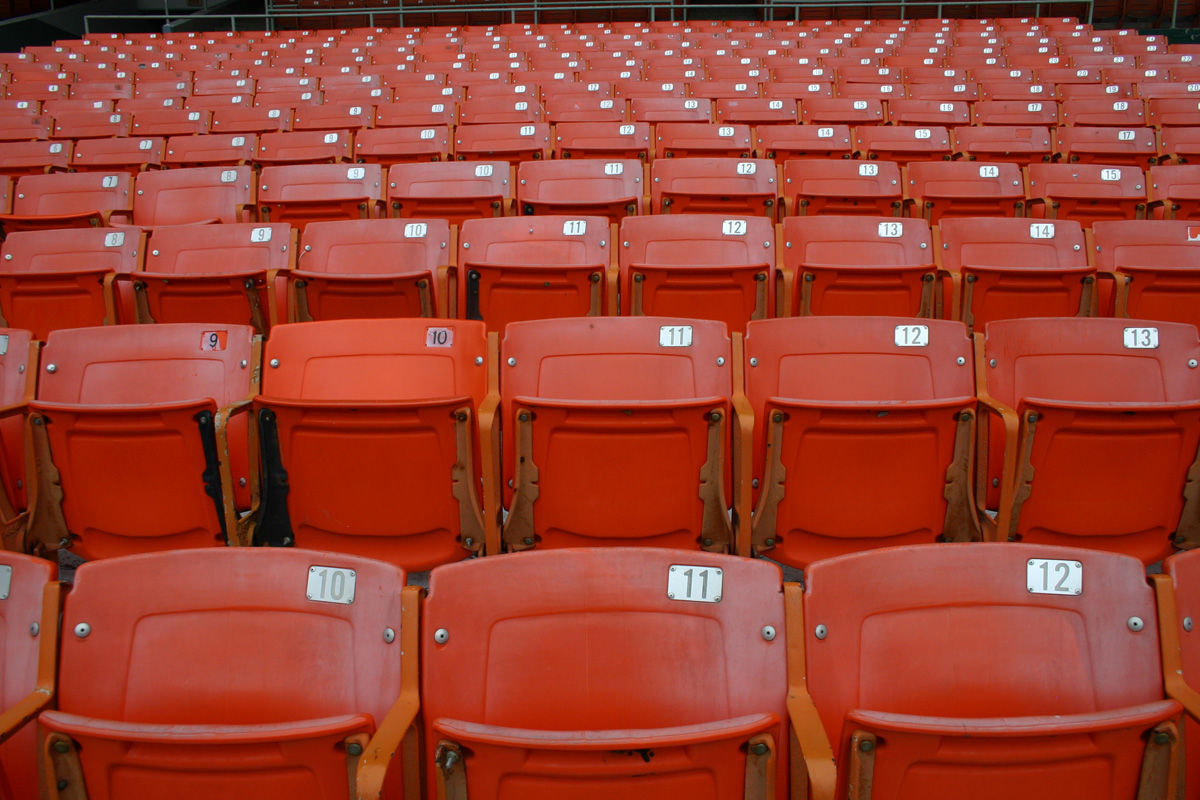
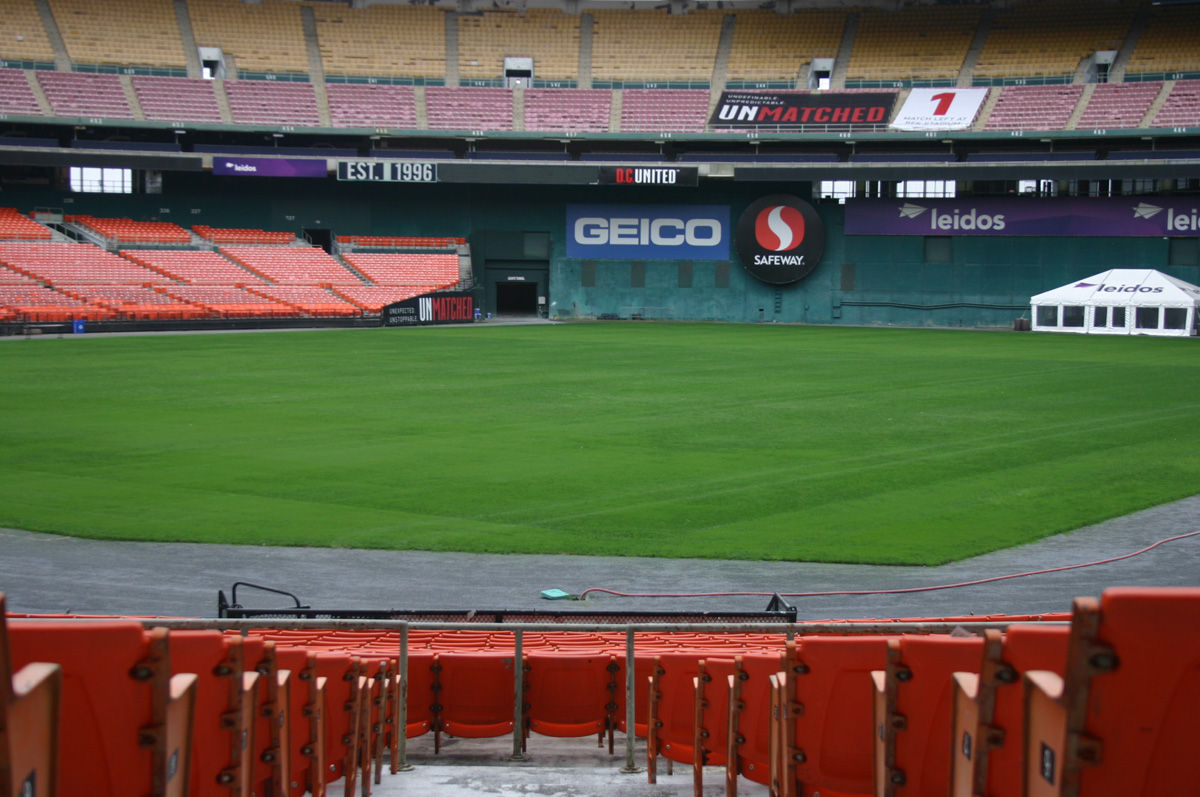
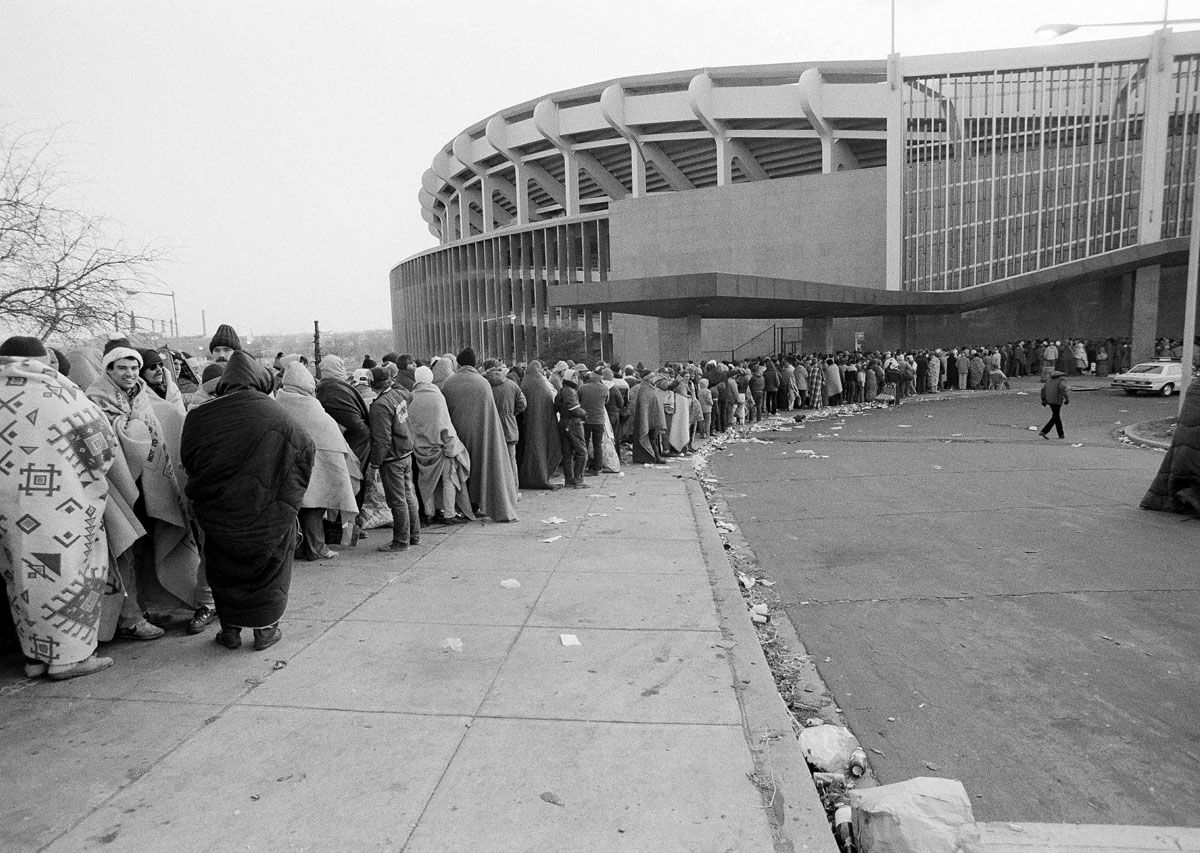
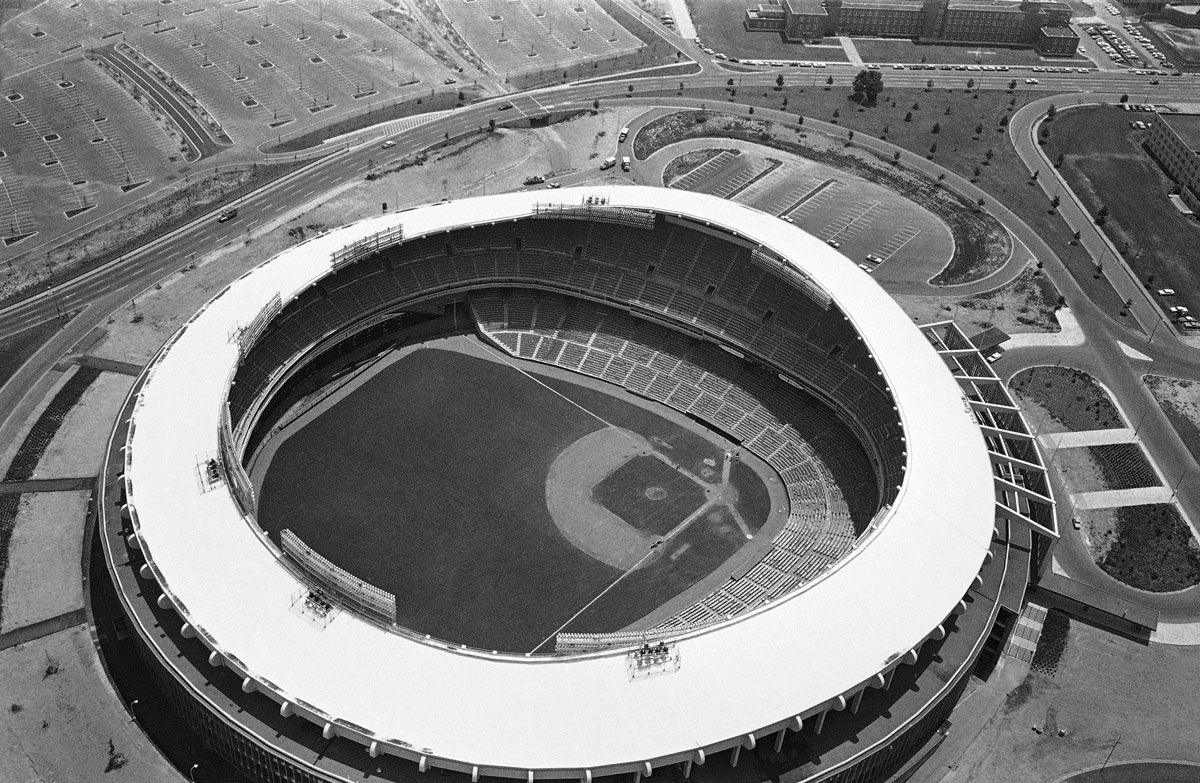
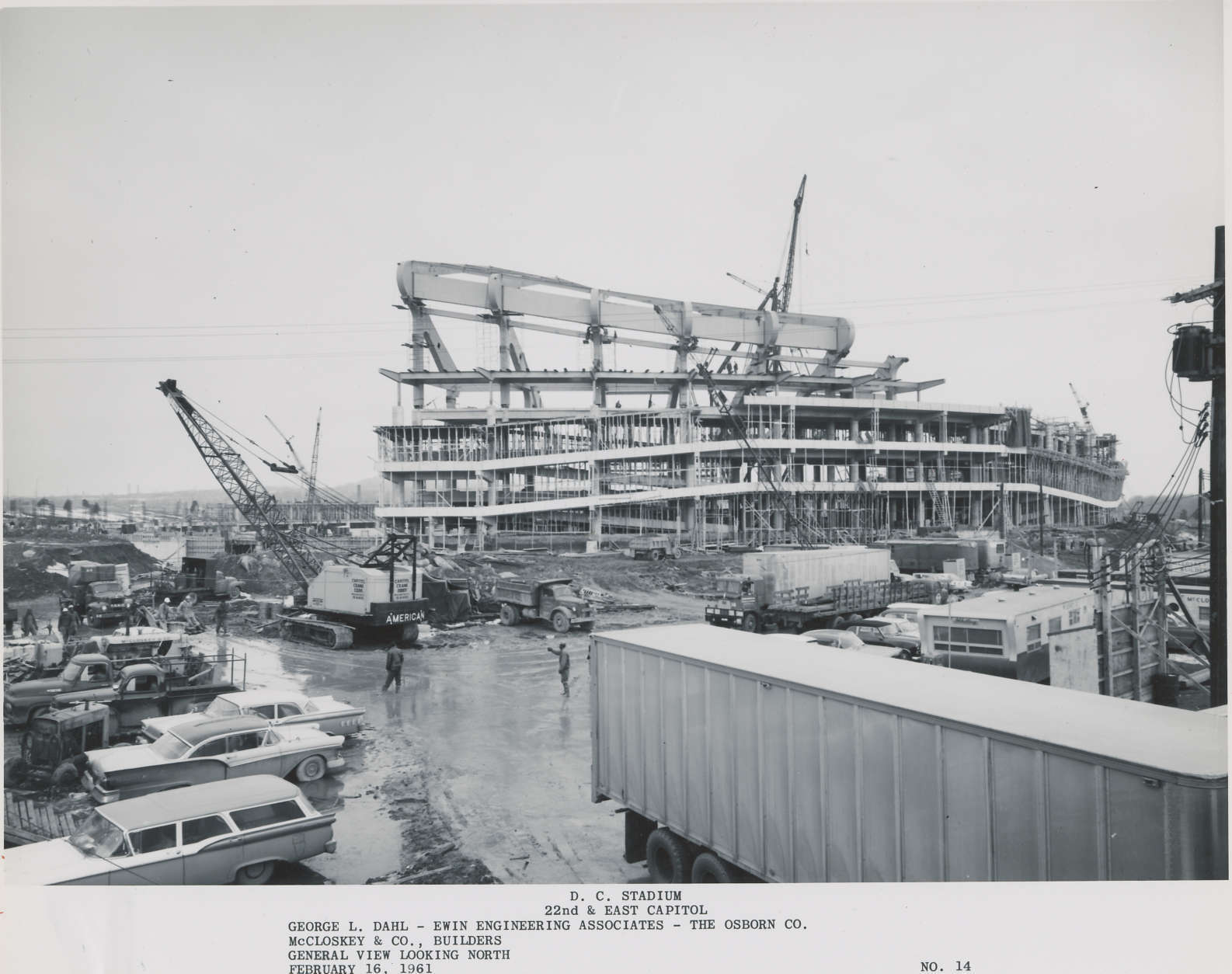
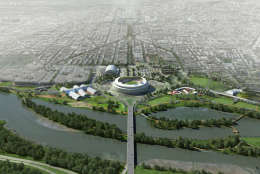
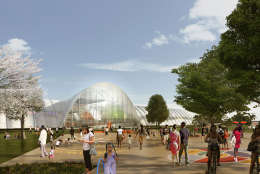
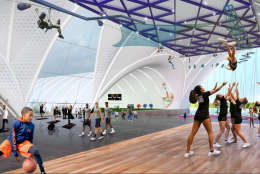
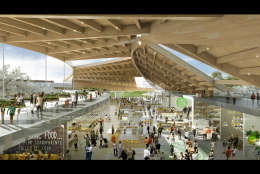
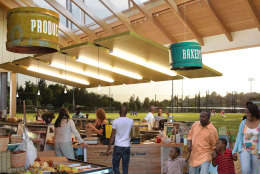
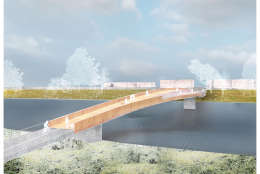
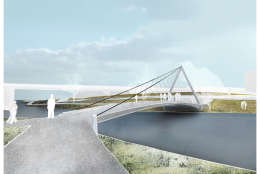
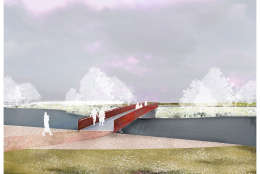
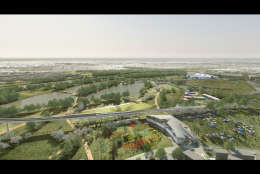
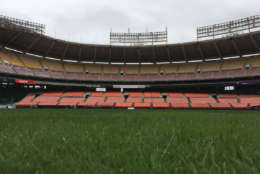
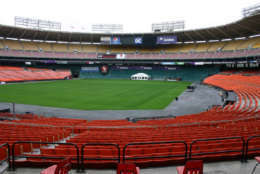
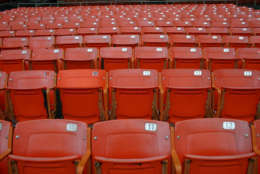
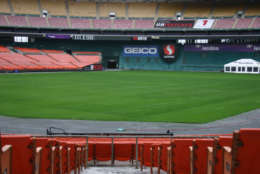
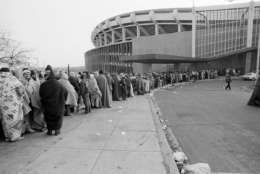
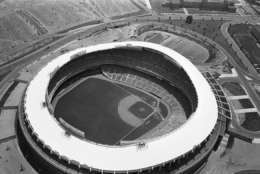
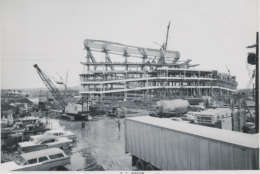
For those who are just catching up on those plans, Events DC has been working with surrounding communities for the last two years to decide how to best redevelop the 190-acre space. Those plans have changed over time, but can be broken down into five components, which Events DC expects to complete in the following order:
- Three new multisport playing fields
- A 61,600 square-foot market hall, supporting grocery and restaurant vendors
- A 350,000 square-foot sports and recreation complex
- Pedestrian foot bridges connecting the site to Kingman and Heritage Islands, and those islands to the East side of the Anacostia River
- A lasting memorial of Robert F. Kennedy
In addition, Events DC is working with the National Park Service to determine how the land should be owned and managed moving forward. Under the existing lease, which still has 21 years left, the site is required to be allocated for sports and entertainment purposes. They are exploring whether or not to simply extend the lease or try to transfer ownership of the land, and what effect that would have on those provisions.
Following his testimony in front of Congress regarding the issue last week, president and CEO of Events DC Greg O’Dell spoke with WTOP about the current state of the project.
“We’re favorable of either approach,” said O’Dell, who emphasized that he wanted to make sure current plans (especially for the market hall) were compliant with the lease. “We just want to make sure, as we go into that process, that there is confirmation of that.”
While the five program elements have been discussed for nearly a year, they are now being put into action. After working with the Capitol Riverside Youth Sports Park (CRYSP) to settle on the most functional design, Events DC hopes to break ground on the three playing fields by the beginning of 2018.
“We wanted to design the fields in a way that can be used by multiple sports,” said O’Dell. “They were helpful by showing us ways that we could divide those fields so that some of the smaller children can play on certain smaller portions of the field, so that we get better utility as well.”
Even as construction begins on the fields, other events will return to the RFK campus in the spring, including the Shamrock Festival and Rock ‘N’ Roll Marathon Expo & Finish Festival.
“Aside from the physical stadium, we still are going to do lots of activities on what we now call the festival grounds, which are the parking lots and surrounding areas,” said O’Dell.
Meanwhile, the regulatory process starts this week, which means some of the next steps are unknown. There may be environmental hurdles, which will become clearer as these processes move forward. The market hall still has a hopeful completion date by the end of 2020, with the recreation complex coming after that. The final two elements require additional governmental approval, though.
Before Events DC can build the bridges, they’ll need signoff from the Army Corps of Engineers. And while they’ve engaged the Kennedy family to help design a fitting, lasting memorial, that process can be a lengthy one in D.C. A full 15 years passed between Congress’s 1996 authorization of the Martin Luther King, Jr. memorial and its dedication in 2011.
In the interim, Events DC plans to continue to solicit input as the first pieces of the future of the RFK campus begin to come online in the next few years.
“We’re going to continue to advance the design on all of these elements, and that will include still engaging the community,” said O’Dell.
RFK is dead; long live RFK.
- Part 1: Baseball’s best moments at RFK
- Part 2: Best entertainment moments in RFK history
- Part 3: Best Redskins moments at RFK
- Part 4: Best soccer moments at RFK
- Part 5: What’s next for the RFK site?

